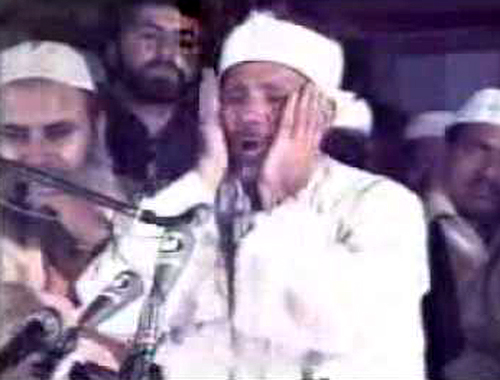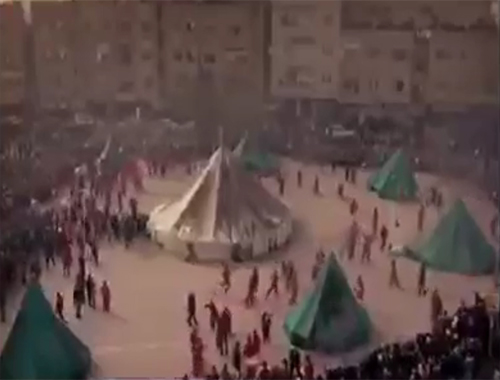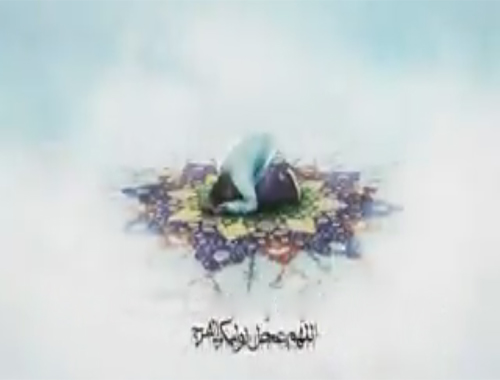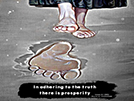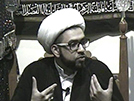Justice and the Hereafter
- Details
- Hits: 2487
Justice and the Hereafter
Divine justice will particularly reveal itself in the Hereafter. Justice in retribution and in recompense, justice in the classification of the deeds, and the ranking and grading of men, the demonstration of their qualities and characters and all that is deduced from the Qur'an in respect of the Hereafter ‑ all these things show that justice has a special connection with the Hereafter.
The deeds of man are the product of his own free‑will, and he is held responsible for them and for his good or bad future. Through the preachings of the Prophets and his own intellectual faculty and intuition he is expected to know the value of his deeds and their positive or negative effects.
As such when a man performs a deed consciously and intentionally, makes efforts to give a right or wrong direction to his inner qualities or does anything to benefit or harm himself or society, full justice demands that: he should receive a precise and proportionate recompense for his deeds; he should be graded exactly according to his actions, so that he should not be wronged (Vide Surah, al‑Ahqaf, 46:19), he should be repaid in full for whatever efforts he has made (Vide Surah Ale Imran, 3:25) and a complete record of all his actions and deeds be maintained so that even what he has forgotten should not be missed.
The Qur'an says:
"Allah will tell them of what they did. He has kept an account o f it, while they have forgotten it". (Surah al‑Mujadilah, 58:6).
This record includes even the slightest thing performed in any form and under any circumstances.
The Qur'an, in the course of Luqman's exhortations to his son, says:
`My dear son! Even if your deeds be so small that it can be compared to a mustard seed, which is hidden in a rock or in the heavens or in the earth, Allah will bring it forth. Indeed Allah is Subtle, Aware". (Surah Luqman, 31:17).
There is such a proportion and harmony between a deed and its recompense that it may be said that the very deed will present itself in the Hereafter. "On that Day everyone will find himself confronted with whatever good and evil he has done" : (SurahAle Imran, 3:30).
Everyone himself is responsible for his own deeds, not anyone else, who has played no role in their performance. "No one shall bear the burden o f someone else". (Surah al‑Fatir, 35:18). "Whoever does what is right, he does that to his own advantage and whoever does what is wrong, he does that to his own person ". (Surah Fussilat, 41:46).
In that Court of Justice family position, social influence, wealth or any party or group affiliation will avail nothing.
"The day when wealth and sons will be o f no use ". (Surah al‑Shu'ara, 26:88). "The wrong‑doers shall have no friend nor any intercessor who will be beard" . (Surahal‑Mu'min, 40:18).
"Believers spend (in charity) a part of what we have provided you with before that day comes when
there will be no bargaining, no friendship and no inter cession". (Surah al‑Baqarah, 2:254).
"When the Trumpet is on that day there will be no kinship". (Surah al‑Mu'minun, 3:101).
In fact in the Hereafter only his faith, good deeds and spirituality will benefit man, who will be called to a very detailed account and will be judged rightly and justly on the basis of his own dossier containing every detail of all that he did. The Judge will be Allah, who is just, All knowing, absolutely independent and far above any partiality or opportunism. He is not at all prone to any threat or temptation. (Vide Surah al‑Nur, 24:24 and Surah Yasin, 36:65).


